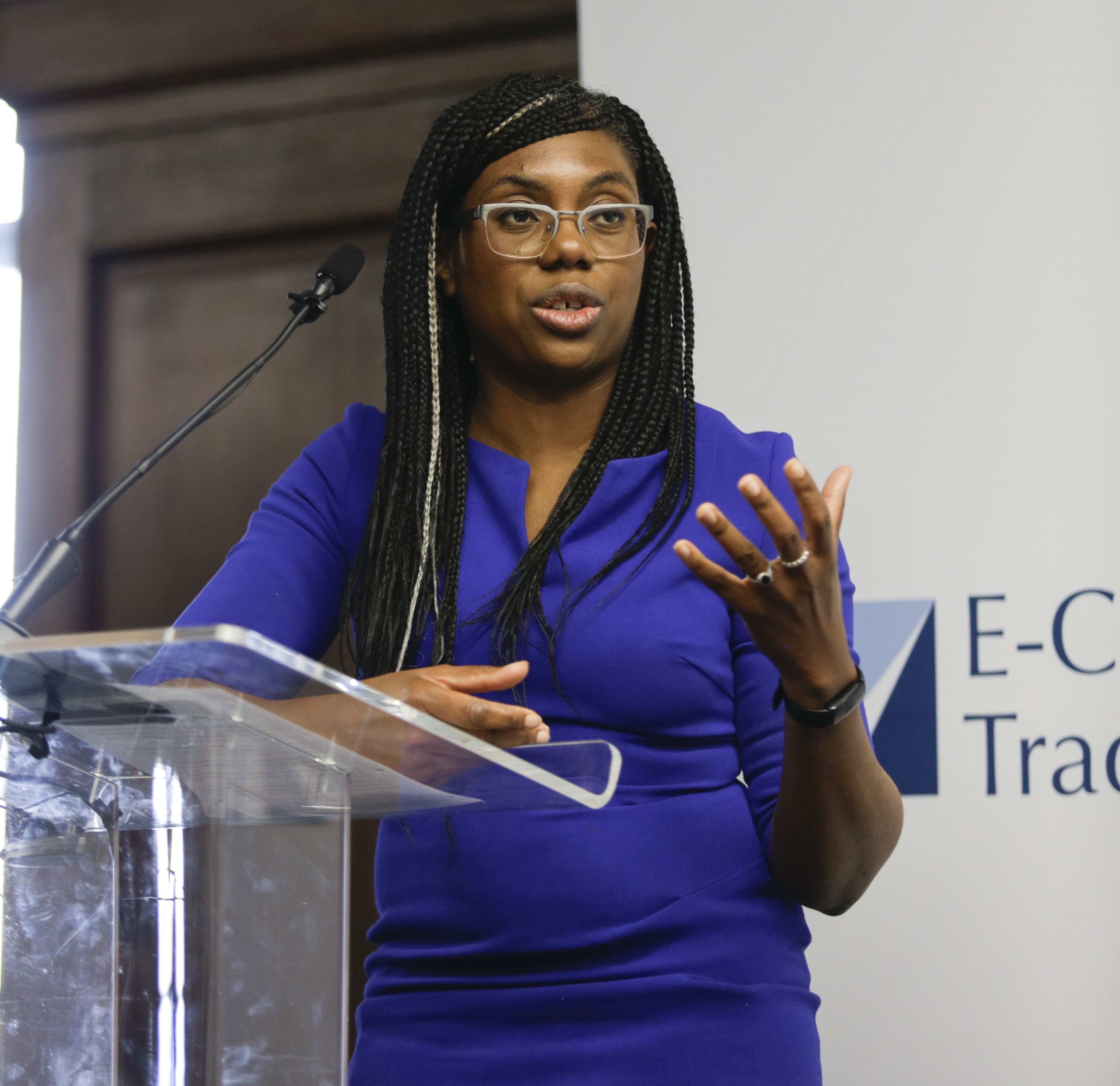
The business and trade secretary Kemi Badenoch has said that president Joe Biden’s trade policy is the main reason why the UK government has missed a key target for its trade deal programme.
At the 2019 election, the Conservative party made a manifesto pledge to strike deals with countries that account for 80% of UK trade by the end of 2022.
At the time of writing, this figure is at 60%.
Changing administration
In a session yesterday (23 January) in front of the trade and business committee in the House of Commons, Badenoch said “the biggest thing that had an impact on us meeting that objective was the changing administration between president [Donald] Trump to president Biden.”
“The Biden administration decided it was not doing trade deals - with anyone not just us.
“We were carrying out negotiations for a US FTA but when the administration changed, the Biden administration just aren’t doing FTAs.”
She said the US was pursuing a strategy focused on smaller agreements addressing specific issues, such as critical minerals or semi-conductors, rather than relying on trade deals.
However, she added that “FTAs are not the only thing about trade policy.”
State targets
The government, under successive prime ministers and trade secretaries, has been pursuing a policy of pursuing state-level memorandum of understandings (MOU) with individual US states.
As reported previously by the IOE&IT Daily Update, the most decent deal was with Florida in November 2023. This was the seventh such MOU with an individual state.
At the time of signing, Badenoch said progress was being made on a wider federal agreement after “very, very good conversations” with US trade representative Katherine Tai.
‘Where the growth is’
Elsewhere in the session, the trade secretary said that the government’s trade future policy would be focused around “going where the growth was”, noting the increasing importance of the Indo Pacific and highlighted the UK’s membership of the Comprehensive and Progressive Agreement for Trans-Pacific Partnership (CPTPP).
However, she refused to say whether or not the UK would support the entry of China or Taiwan into the CPTPP.
She also challenged estimates, published by the Office for Budget Responsibility (OBR), that showed the CPTPP would have a limited impact on the UK’s total imports and exports.
Liam Byrne, chair of the committee, noted that the Institute of Directors (IOD) had estimated that meeting the goal of a £1trn in exports by 2030 would require export growth of 3.5% per year, compared to the OBR’s current rate of 0.1%.
The trade secretary said she was of a “different opinion” to the OBR, and pointed to other research showing that the government was on target, adding that she remained confident that the UK would hit its £1trn target by 2030.



